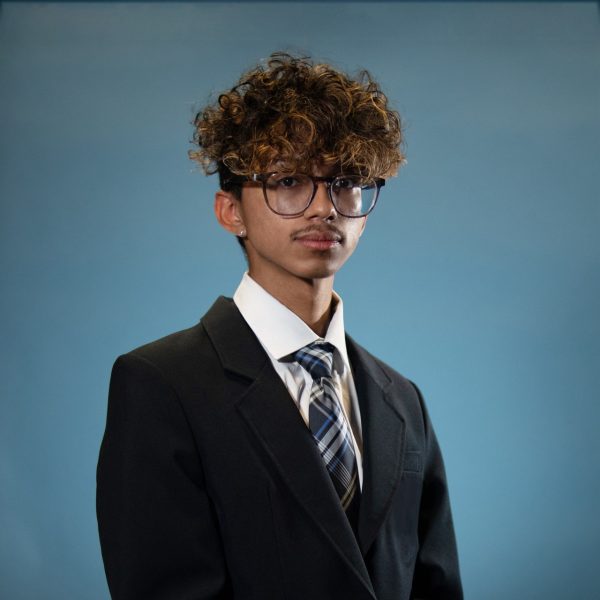In the fast-paced world of technology, the past 12 months have witnessed a remarkable surge in the development of cutting-edge artificial intelligence (AI) software. From image creation to language models and music composition, these AI-powered innovations have revolutionized the creative industries, pushing the boundaries of human imagination and productivity.
Leading the charge is ChatGPT, an advanced language model developed by OpenAI. With its ability to understand and generate human-like text, ChatGPT has become an indispensable tool for writers, journalists, and content creators. Its natural language processing capabilities have enabled it to assist users in a wide range of tasks, from drafting compelling articles to answering complex questions with remarkable accuracy. Stephanie Nguyen, 10, learned about AI as it was coming out.
“I can see that AI is becoming more and more advanced and reliable,” Nguyen said.
ChatGPT has been joined by a host of other AI software, each designed to excel in a specific creative domain. One such breakthrough is the AI-powered image creation software, which leverages deep learning algorithms to generate astonishingly realistic visuals. These tools have become invaluable for artists, designers, and advertisers, who can now produce captivating imagery in record time. By employing generative adversarial networks (GANs) and convolutional neural networks (CNNs), these AI systems have even learned to adapt to various art styles and produce original, never-before-seen compositions.
In the realm of music, AI algorithms have orchestrated a symphony of innovation. Music creation software has emerged, allowing composers, musicians, and producers to explore entirely new sonic landscapes. By analyzing vast music libraries, these AI systems can compose original melodies, harmonies, and arrangements that evoke different genres and moods. The ability to generate music has sparked collaboration between humans and machines, amplifying creativity and transforming the artistic process. One such example is the ever growing trend of songs that uses these AIs to replicate a popular artist’s vocals, such as Drake and Abel (formally known as The Weekend) in the fan-made track titled “Heart On My Sleeve.” Avery De Carion, 11, has seen the use of these AI voices online and is apprehensive to the technology.
“I think AI voices can become very problematic very quickly,” De Carion said. “It can be used to spread misinformation or mask important people.”
AI software has also proven instrumental in video editing and production. With AI-driven video editing tools, filmmakers and content creators can streamline their post-production workflow and achieve stunning results. These tools employ machine learning techniques to enhance visual effects, remove unwanted elements, and even generate realistic CGI. The result is a new era of visual storytelling that pushes the boundaries of what is possible on screen. Further application of this technology can make it so that movies and shows that would take months or even years to produce could occur at a much faster rate. Isabella Gilliland, 10, has seen some of the works produced by some of the machines.
“I think AI art is interesting, as it is different from many other art pieces,” Gilliland said.
While these AI-powered innovations have undoubtedly brought immense benefits, ethical considerations remain crucial. The responsible use of AI technology and ensuring transparency are essential in maintaining public trust. Researchers and developers are actively working to address biases and ethical concerns associated with AI systems, ensuring that these tools contribute positively to society. Users of these AI technologies may be illegally profiting or using these softwares in a way that is against ethical standards, particularly in the educational sector where plagiarism and cheating has been going on for months now. In high school specifically, both students and teachers are all too aware of the issue that these machines pose. Juliyn Taylor, 9, understood how these AIs may affect the school system.
“I think AI can cause educational issues because it is very easy to cheat with such a wide-spread resource,” Taylor said.
As AI software continues to evolve, we can expect even more groundbreaking advancements in the creative industries. ChatGPT and its AI counterparts have paved the way for a future where human ingenuity collaborates seamlessly with machine intelligence, however, the road to using these tools in an ethical way is nothing if not a rocky one.
This article was written and drafted by ChatGPT, an advanced language model developed by OpenAI, and edited and revised by Dominic Plata.


